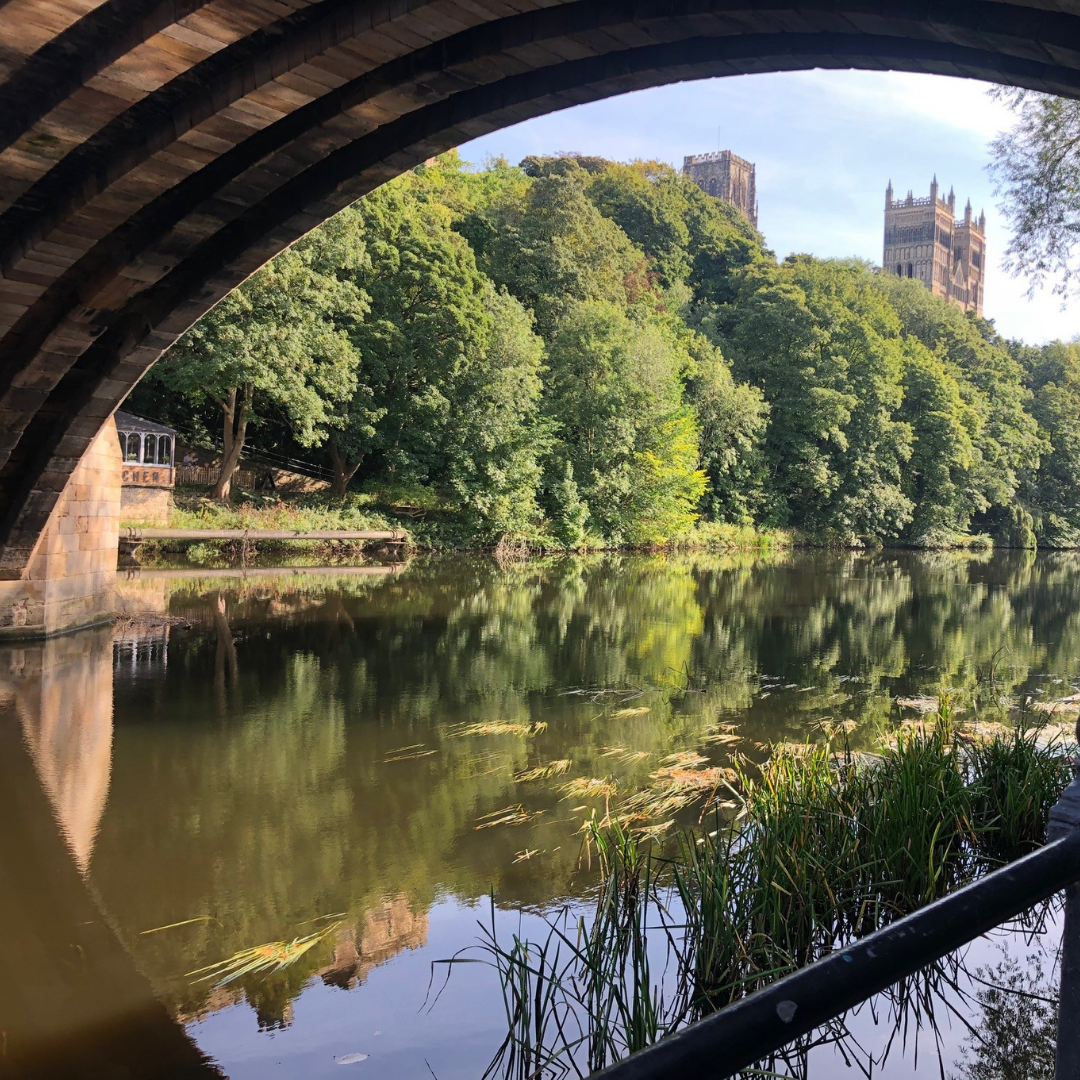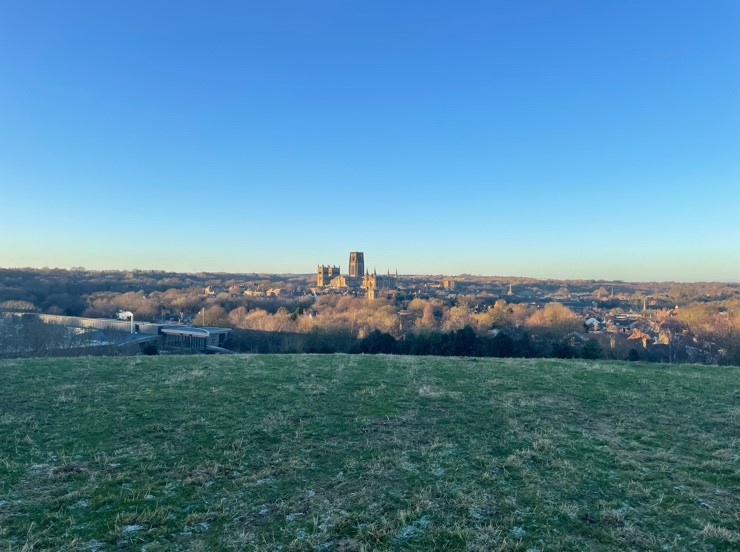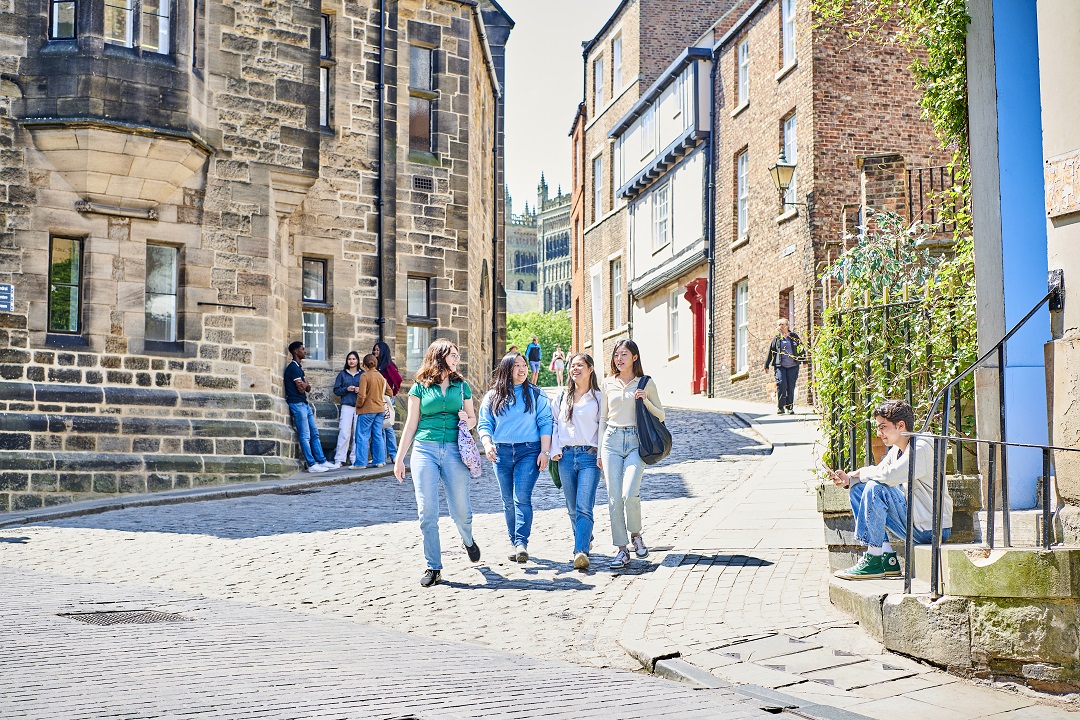Why is networking so important?
I am the first in my family to go to University, and so when I arrived in Durham in 2017, I had never heard of ‘networking’, I didn’t understand why it’s important, and had no clue about how to get stuck in. It took me a little while to really get this, but in essence, networking is about building contacts and relationships with people from all walks of life, because you never know when it might come in handy.
As I reach the end of my university career, I am now in a position where for most professions or organisations I have a contact there. Likewise, if pointed to most major cities in the world, I will likely know someone who lives or works there too that I can reach out to if needed. Be a go-getter, be proactive, be friendly, and your network will expand.
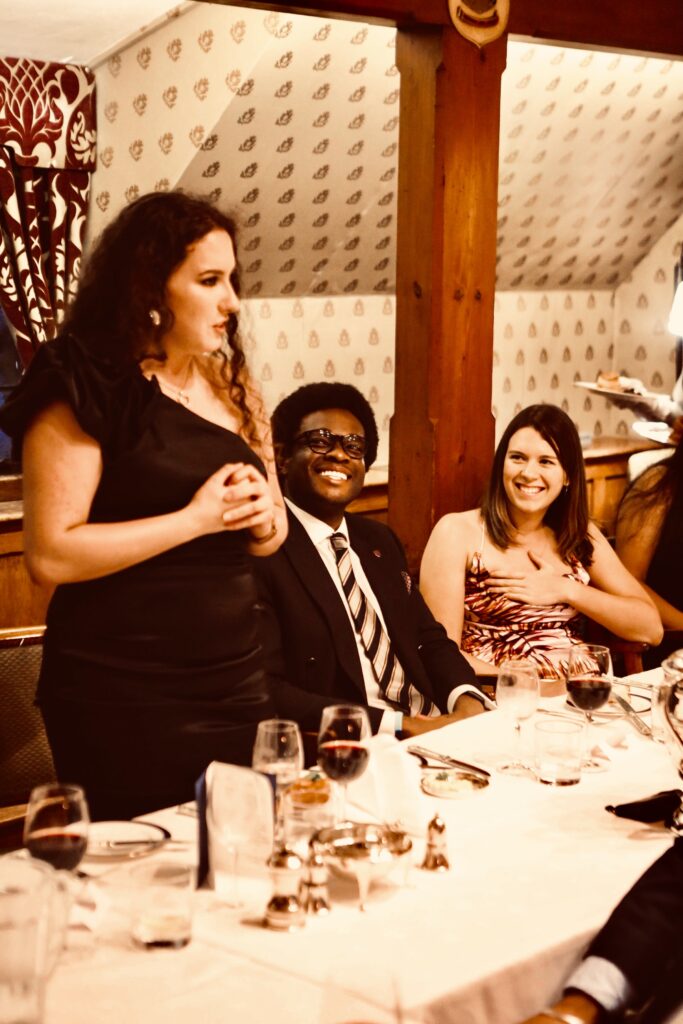
Building the basics
The longer I spent at university and the more things I became involved with, the more I started to realise that a lot of the time you network without even realising it. The friends you make in your 10am seminar, the friends you made at a random house party or ball – all of those represent connections in your network.
So the first tip I have is: Be social! Go to college mixers and events and make lots of friends in your first few weeks here. They will constitute the basis of your network because the absolute easiest way to meet other people is through mutual friends. Before you know it, your circle will include people from all different subjects in college, and you might even start to meet a few people from other colleges too.
Once you’ve got that down, start branching out. Take every opportunity that comes your way. Join different societies or sports or employer events that interest you. When you attend events, try your best to really learn about people – what their interests are, what their story is, and make sure to keep in touch with people! Connections are only useful if they’re strong enough to tap into.
Personally, my biggest networking opportunity was joining the DU Polo Club. I subsequently ended up serving as Secretary and later as President. This allowed me to make connections not only all around Durham but also to students from universities all over the country and internationally. Crucially, none of this felt like networking, it felt like making friends in my sport.
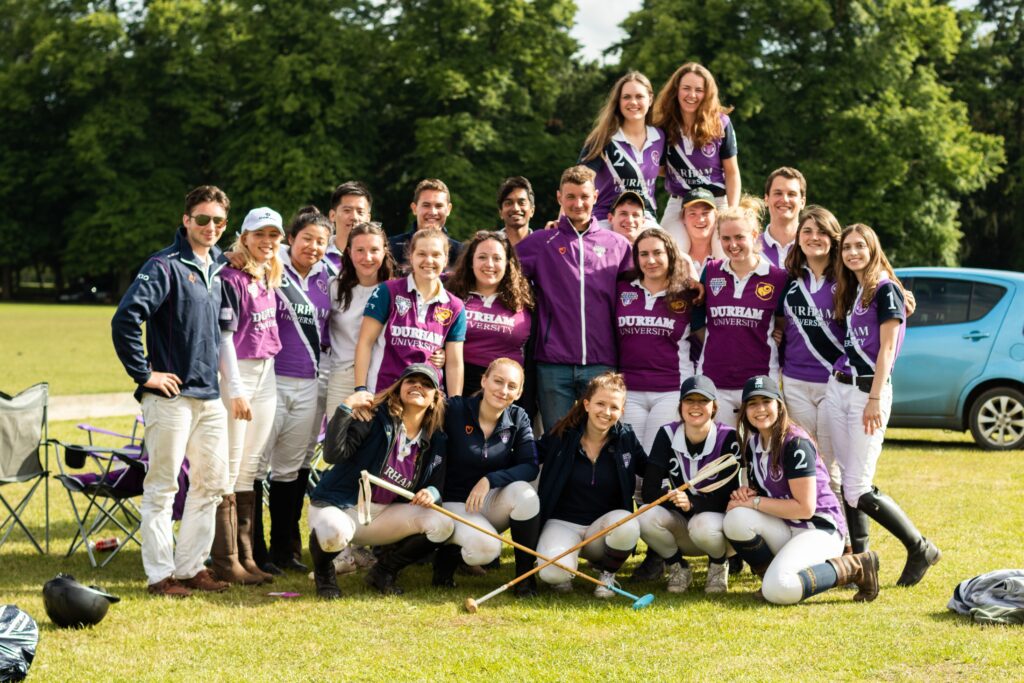
Professional connections
My best recommendation for this is: be friendly, be genuine, and don’t always go for the obvious route! Any related opportunity can helpful if you’re savvy enough. I worked as a admin assistant for the Ministry of Justice for two summers, and purely by being friendly to the lawyers and showing interest in their fields whilst I was working, I made heaps of connections, and managed to get a mini-pupillage out of it too!
Talking to senior professionals can be intimidating, but I think it’s important to remember they’re normal people too, and they share interests with you, so use that to establish common ground and rapport. After 4 years, I firmly believe that the best networkers are people who aren’t even networking intentionally – they’re just friendly and genuine enough that they leave a good and lasting impression on almost everyone they interact with. So really, to build a network – just have fun, be social/ get yourself out there, and be yourself.
Download our latest prospectus here.
Follow our students on Instagram and YouTube.

